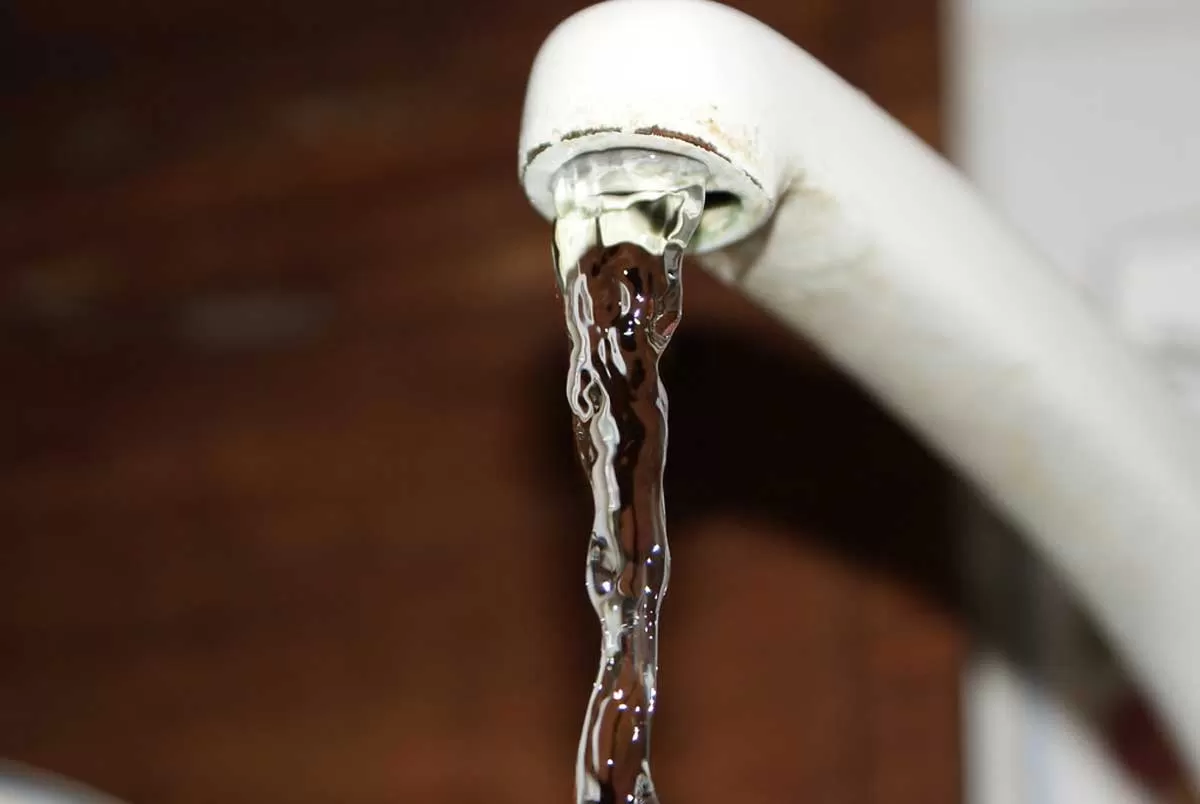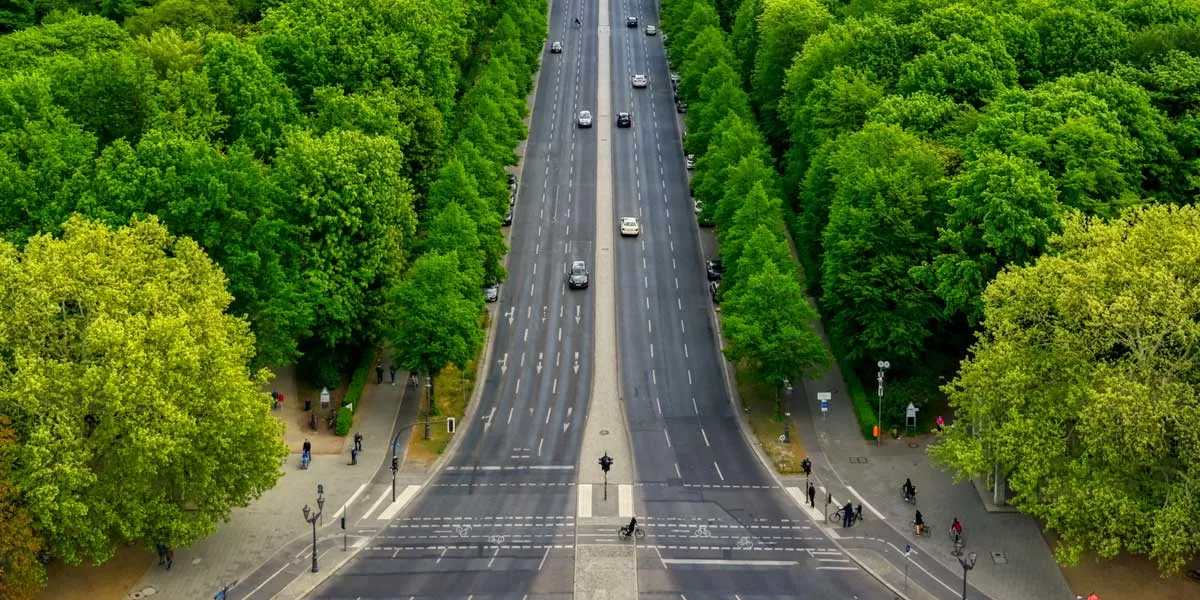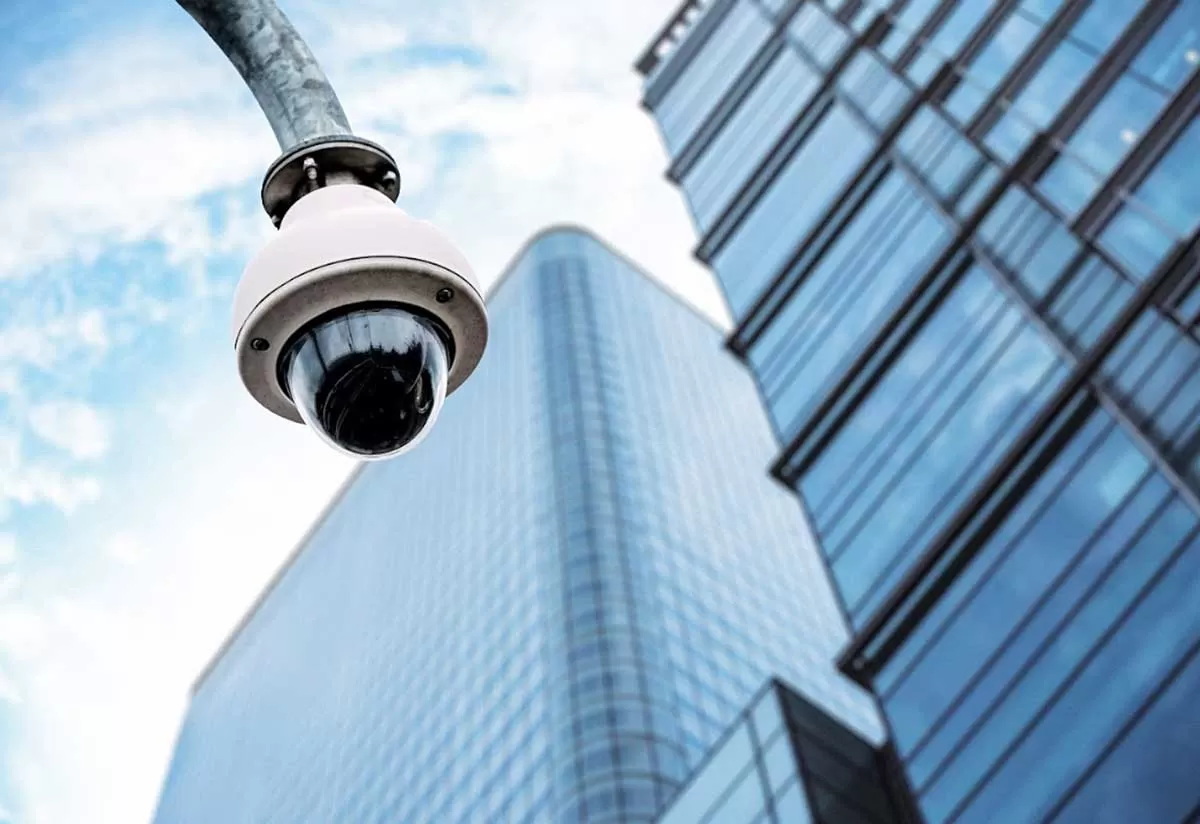
Govt Accelerates Tap Water Connectivity Under Jal Jeevan Mission

The Sun Rises in the Northeast!
In the last 10 years, with multiple schemes at the level of the Centre and the states, India’s Northeast region has undergone a rapid transformation in terms of infrastructure, including rail and road connectivity, new industrial and technology parks, logistics hubs and cold chains, among others. With a significant increase in budget allocation, rising from Rs 361 billion in 2014-15 to Rs 1,058 billion in FY2025-26, the Northeast is set for accelerated growth. The Government’s ambitious Unnati 2024 scheme further reinforces the commitment to industrialisation and economic expansion in the ..

Innovating for Road Sustainability
India’s road infrastructure plays a crucial role in economic development, but it also poses significant environmental challenges. With the rapid expansion of highways and expressways, the construction and maintenance of roads consume large amounts of natural resources and contribute significantly to carbon emissions. However, leading experts in the industry are pioneering sustainable practices to mitigate environmental impact and improve efficiency. At a webinar titled, “Paving the Future: Making India’s Roads More Sustainable”, held on March 5, 2025, industry stalwarts gathered to dis..

Multi Layered Security
Security and safety are fundamental to designing any residential or commercial space. A well-designed security solution ensures that assets are protected and occupants experience peace of mind.One layer of security – a mere lock or alarm – isn’t enough nowadays. It takes multiple technologies to secure a property, seamlessly integrated with a user-friendly control centre. In the best designed properties, these technologies work effortlessly in the background, unseen, unheard, without compromising aesthetics. “The goal isn’t just to make a space secure but to do so in a way that ..














